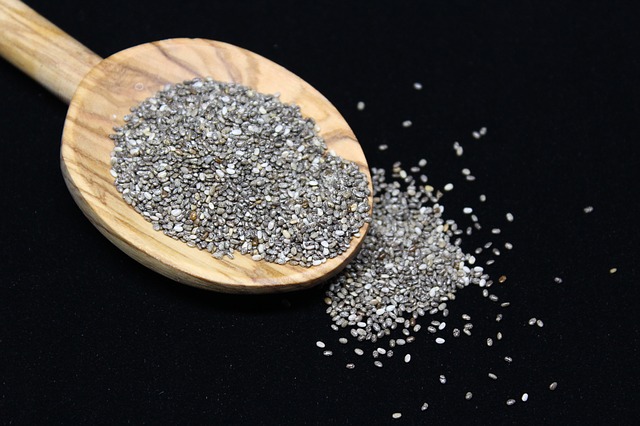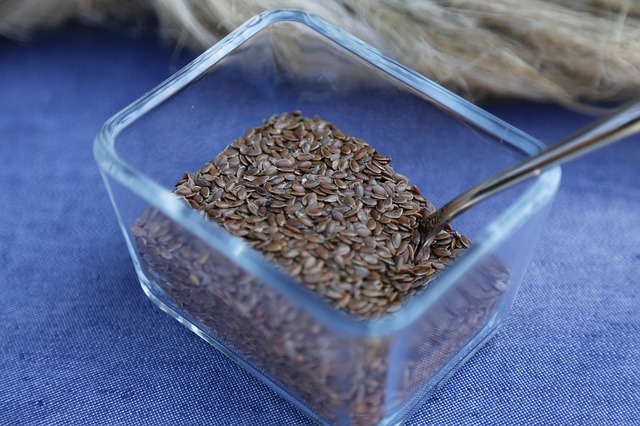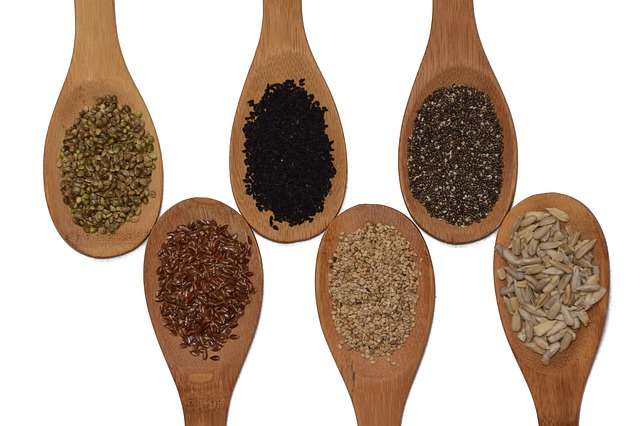When it sype well…
The situation can also be described in this way when one is trying to follow the principles of a proper (so-called reasonable) diet and supplies oneself in good faith with a variety of seeds, i.e. plant sources containing various necessary nutrients.
Seeds of flax, poppy, hemp, etc. can now be purchased in almost any grocery store or market. But in addition to these common ones, in recent years there has been a growing interest in many others, such as sesame and chia seeds, which the Czechs can only obtain mainly from foreign producers and suppliers. And this is where the dogs may be buried.

According to sources
A few days ago it was reported in the news that one batch of a certain brand of chia seeds that was available from imports in our country contained bacteria that could be harmful to people\’s health. The Food Inspection Agency occasionally informs us of similar dangers, but unfortunately we cannot check the safety of all the food we buy. This is because different countries have different living and natural conditions, and therefore different ways of processing diseases and natural resources
.

Too much of anything is bad for you
As with other foods, various seeds contain so-called anti-nutrients, i.e. substances that interfere with the absorption of certain nutrients, in addition to health promoting substances
. Excessive daily consumption or prolonged use of certain seeds can cause symptoms of malnutrition, especially with regard to micronutrients such as vitamins and minerals.

Potential health complications
The body may not respond in a pleasant way even when healthy seeds are consumed. For example, if the seeds are not properly ground for inclusion in food, sensitive individuals may experience gingivitis when they attempt to chew them. People with intestinal problems (e.g., diverticulosis) should also be very careful when eating foods that contain large amounts of indigestible fiber, including seeds.